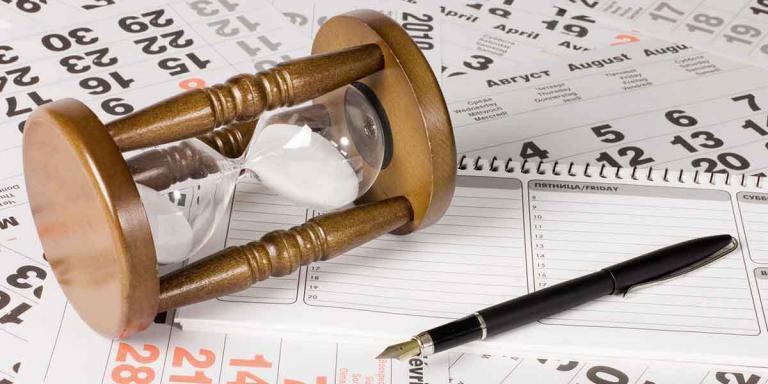
Estate Planning
Best Probate Attorney Near Me 10022
Who is a Probate Attorney? After the death of an estate owner, his estate will be distributed based on what was stated on his or
Home » Probate Attorney Near Me 10022

Who is a Probate Attorney? After the death of an estate owner, his estate will be distributed based on what was stated on his or